EDITORIAL COMMENT: President set example which all AU leaders must follow
Speaking at a fundraising dinner in Johannesburg, South Africa, for the African Union Foundation in June 2015, President Mugabe pledged to donate 300 head of cattle to the continental body to help fund its operations.
At that time, the President was the chairperson of the AU. Consistent with his defining Pan-African agenda, one that seeks to have a continent that is in charge of its destiny, he used his time in the chair to marshal the AU towards greater self-financing. His cattle pledge was indeed a demonstration of his strong belief in that regard.
“Sorry,” he told guests at the dinner, “I did not come with my wife. She went to see our daughter . . . When she comes, I will persuade her that from the lots of cattle we have, we can contribute some 300 so that they can be sold as our own contribution to start pledges in our country. There is a need for Africa to spearhead the process of mobilising domestic resources so as to finance its programmes and institutions as part of continental self-reliance.
“We should desist from relying on partners in funding our flagship projects and therefore we cannot continue to give birth to projects for others to finance.
I acknowledge, yes, that as we implement Agenda 2063, we have to co-operate with partners and this is the reason why we have distinguished representatives from the private sector among us tonight. The private sector’s contribution to Agenda 2063 is critical.”
True to his word, the President has fulfilled the pledge. This is a very profound gesture by him. He is saying that over and above the subscriptions that Zimbabwe makes yearly to finance the operations of the AU, Africans in their individual capacities or as groups must contribute to fund their institutions and programmes.
At that time 72 percent of the continental body’s budget was being funded by international cooperating partners mainly the United States, European Union, China, World Bank and Turkey while member states contributed 28 percent. We don’t think much has changed in the funding matrix over the past two years.
Indeed, African leaders have, for quite some time, been unhappy with that state of affairs.
For example, Dr Nkosazana Dhlamini-Zuma, speaking soon after she assumed the leadership of the AU six years ago expressed unhappiness at the level of the union’s reliance on donors. She than lobbied leaders on the continent to find ways to ensure that member states raise more resources to finance the AU’s activities. A high level panel of experts led by former Nigeria President, Olusegun Obasanjo, was set up with a mandate to do the work. It first proposed an oil levy, under which oil producing countries would avail money to resource the AU. The countries rejected the proposal. In 2014, an alternative recommendation was made for all member states to impose a US$2 hospitality levy per hotel stay and a US$10 airfare levy on each international flight entering or leaving Africa. It was expected to raise $730 million yearly but countries that rely on tourism rejected the idea.
In June 2015, all member countries agreed that, with effect from 2016, they would set aside 0,2 percent of revenue accruing from eligible imports for the continental union.
That is highly commendable but no leader had set an example such as the President did in that year and is now fulfilling. If Africa could have more Robert Mugabes!
On Tuesday about 100 head of cattle, part of the 300 he pledged in 2015, were auctioned in Harare at an average price of $800 per animal. Another auction was expected in Gweru yesterday for the remaining herd.
Africa must continue developing strategies to fully fund their programmes and institutions to ensure their integrity and sustainability.
The current situation where even the continental body’s peace and security operations and the commission itself is foreign funded is actually against the founding principles of the bloc. When Kwame Nkrumah and others formed the Organisation of African Union way back in 1963 they had a vision of a totally independent Africa that is self-sustaining and operates at the same level with its peers elsewhere on the globe not one that begs for money from its former colonial masters.
Under the prevailing circumstances, there is no doubt that some programmes and activities that African leaders and their people might want implemented are being compromised as those who fund them might put conditions.
There is also a possibility that the continent might be taking long to respond to emergencies as they would be waiting for project proposals to be considered and approved by those with the resources.
The dependence on Western donors is also evident at national level where some African countries’ budgets are funded by foreigners.
This is wrong and must not be allowed to continue.

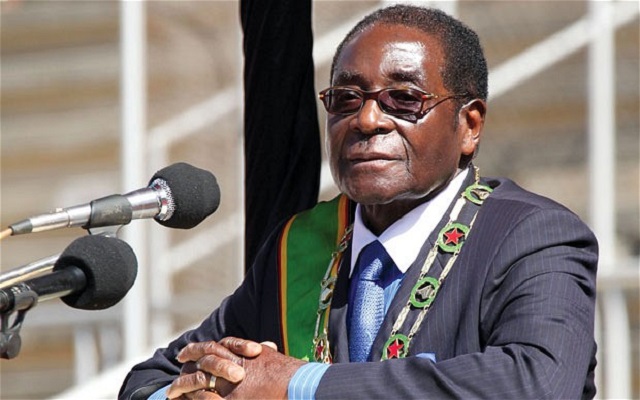
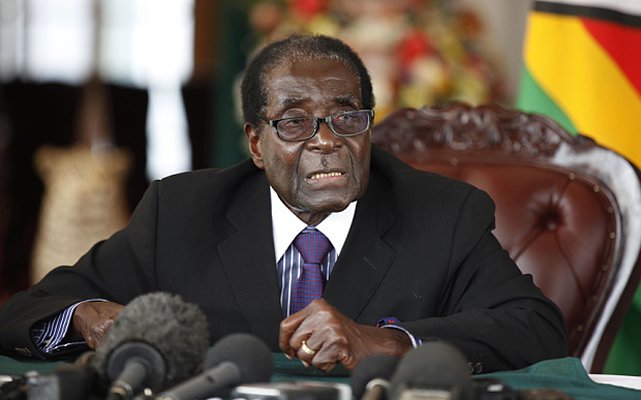
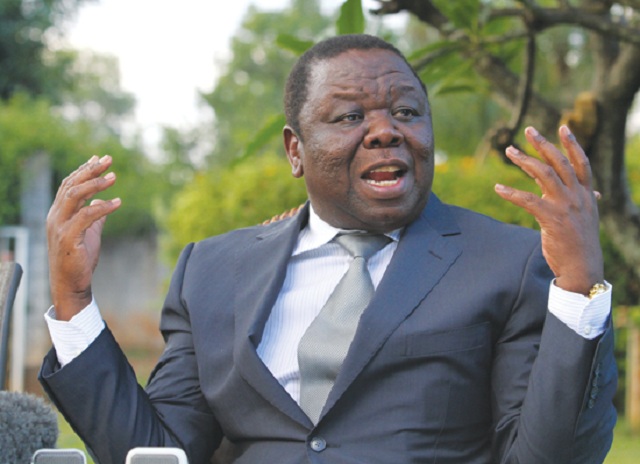

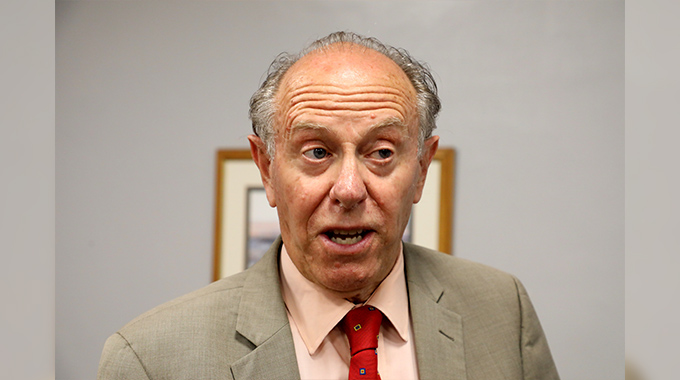
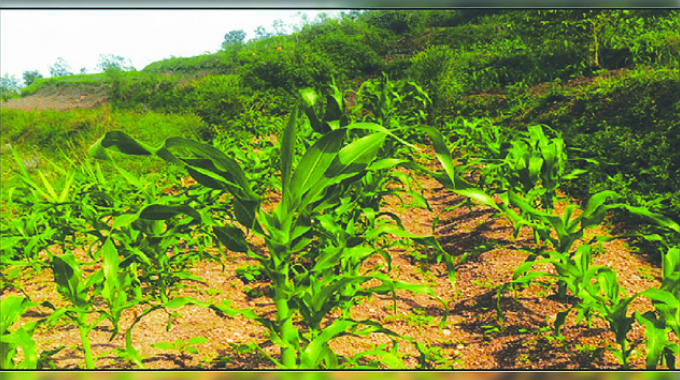




Comments